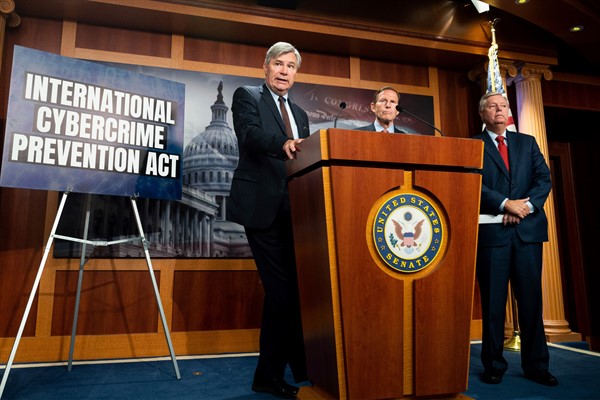Glistening blue water, a stunning coastline, the smell of the sea, all nearby a bustling European city: The exquisite seaport of Trieste in northeastern Italy was supposed to be the idyllic in-person venue for this year’s European Dialogue on Internet Governance, or EuroDIG 2021. Unfortunately, due to the pandemic, the majority of sessions took place online. But one group—the Dynamic Coalition on Data and Trust, of which I have the good fortune to be a coordinator—met in person to discuss issues around the Domain Name System, or DNS, and practical responses to DNS abuse and cybercrime.
Geographically speaking, Trieste sits at the intersection of Germanic, Slavic, Latin and Greek traditions, where Central Europe meets the Mediterranean Sea. It’s a perfect metaphor for the interconnected nature of modern life, but also for the need to rejuvenate voluntary coalitions and digital diplomacy between different sectors in order to make cyberspace safer for all of its users.
Trusted DNS data, or the personal registration data relating to owners of domain names or websites, has for many years been an integral part of tackling cybercrime and protecting intellectual property rights online, through a free, publicly available service called WHOIS. For those investigating cybercrime or online brand infringement, WHOIS used to be a useful first step, providing the name, address and other contact details of the person or organization responsible, along with vital technical information, for every domain name. Rapid access to that information was vital in the investigation of DNS abuse—for example, the detection and takedown of a website distributing illegal or harmful content or selling counterfeit goods.

